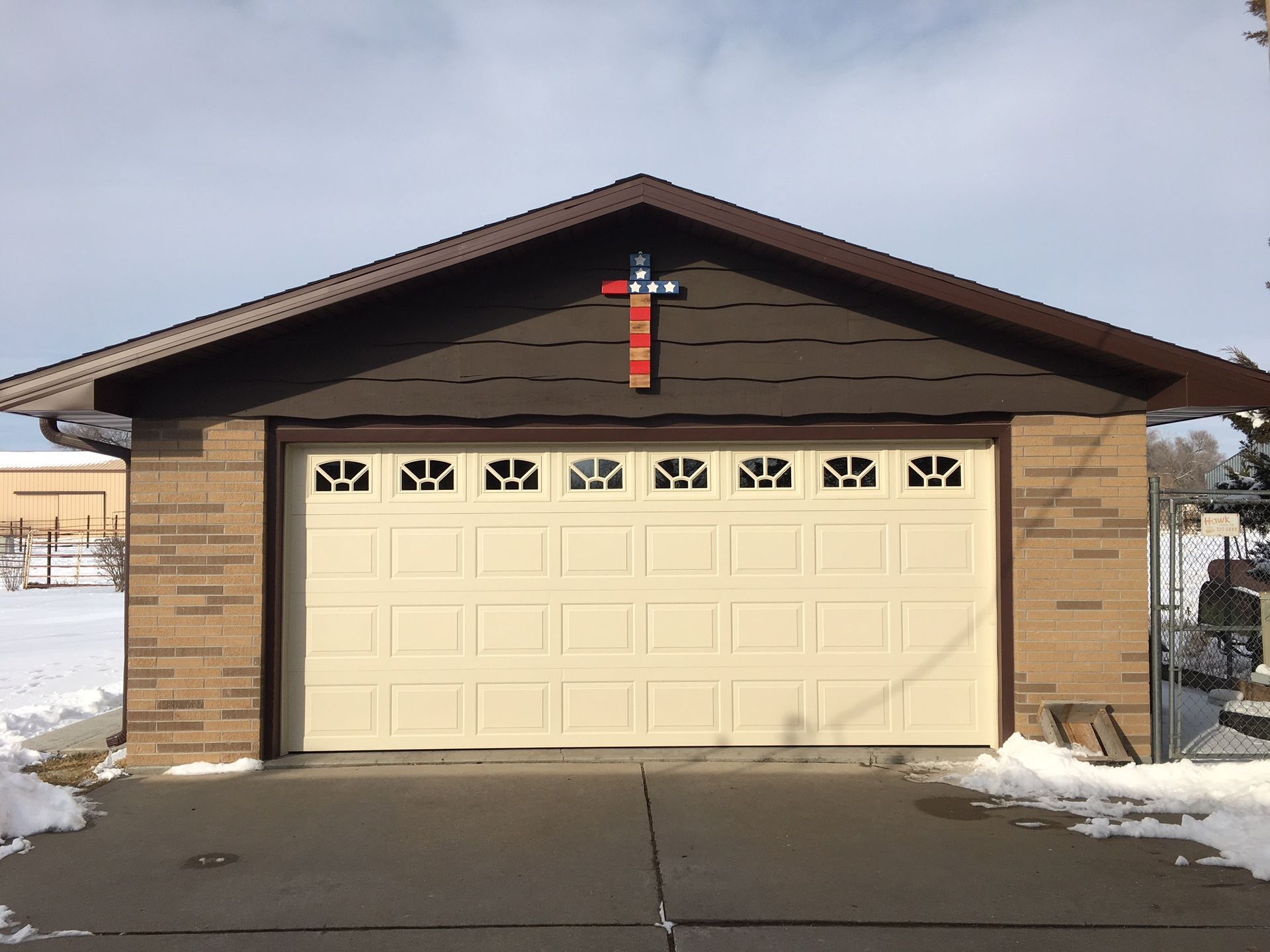Roof insulation is an often-overlooked component of your home’s energy efficiency. Let’s explore how proper insulation can boost roof performance, reduce energy costs, and increase comfort in your home.
Why Insulation is Crucial for Roof Efficiency
Roof insulation is vital for your home’s temperature regulation. It prevents heat from escaping in the winter and keeps your home cool during summer, enhancing comfort and energy efficiency.
Insulation’s Role in Reducing Heating and Cooling Costs
Without proper insulation, your heating and cooling systems must work harder to maintain the desired indoor temperature, leading to higher energy bills. By upgrading your roof insulation, you can minimize energy loss, reduce heating/cooling expenses, and lower your carbon footprint.
How to Upgrade Your Roof Insulation Effectively
- Consider R-Value: Opt for a higher R-value to boost insulation performance. Select the appropriate R-value depending on your climate zone.
- Use Reflective Insulation: In warmer climates, reflective insulation helps reduce heat absorption, enhancing energy efficiency.
- Seal Air Leaks: Check for and seal air leaks around chimneys, skylights, and vents to improve insulation effectiveness and prevent air loss.
- Don’t Forget the Attic: Attic insulation is key to preventing heat loss through the roof, as heat naturally rises. Ensure your attic is well-insulated.

Weathercraft’s Recommendations for Optimal Insulation
At Weathercraft, we recommend using high-quality, eco-friendly insulation materials that provide long-lasting performance. Our experts will assess your home’s specific needs and recommend the best insulation solutions to maximize energy efficiency while staying within your budget.